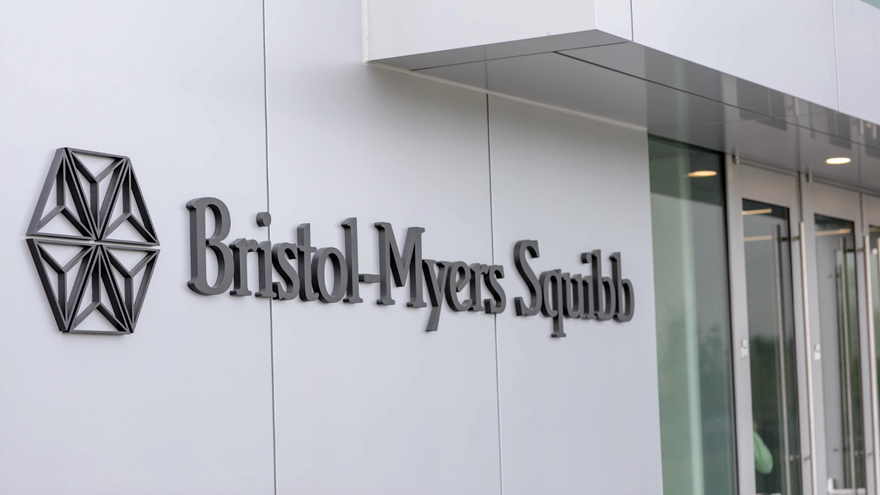FDA sets Sept review date for BMS' psoriasis drug deucravacitinib

The FDA has kicked off its review of Bristol-Myers Squibb's psoriasis therapy deucravacitinib, setting an action date of 1 September next year, as the EU and Japanese regulators also start their appraisals of the drug.
If approved, deucravacitinib would become the first tyrosine kinase 2 (TYK2) inhibitor approved for the treatment of any disease, said BMS, which is hoping to position the new drug as the treatment of choice for people with moderate to severe plaque psoriasis who want an orally-active option.
BMS has said it think deucravacitinib could become a $4 billion product at peak, despite a recent setback when it failed a phase 2 trial in follow-up indication ulcerative colitis.
The start of regulatory reviews is also a shot across the bows of Amgen, as deucravacitinib outperformed its rival drug Otezla (apremilast) in a clinical trial reported earlier this year.
Otezla was acquired by Amgen for $13.4 billion when Celgene was forced by regulators to offload the drug ahead of its merger with BMS in late 2019, on fears that having both Otezla and deucravacitinib would allow the combined company to corner the market for psoriasis pills.
Sales of PDE4 inhibitor Otezla grew 13% in the third quarter to $609 million, but analysts have suggested it will come under pressure from deucravacitinib if approved.
Mizuho's Salim Syed has previously said that competition from BMS' drug could trim Otezla's 2025 sales from $3 billion to $2 billion. Meanwhile Amgen is attempting to defend its product by running trials in milder psoriasis cases.
BMS meanwhile is running a second trial of deucravacitinib in ulcerative colitis, using a higher dose, and is also developing the drug for psoriatic arthritis, lupus and Crohn's disease.
At one point BMS was pitching the TYK2 drug as offering efficacy in line with injectable biologic drugs for psoriasis, but the convenience of oral dosing, although its phase 3 readouts didn't quite meet that aspiration.
Results from the POETYK PSO-1 and POETYK PSO-2 reported earlier this year showed that 59% and 54% respectively of patients treated with BMS' drug achieved 75% skin clearance, versus 35% and 40% for Otezla.
That is quite lower than biologic drugs like Novartis' Cosentyx (secukinumab) and AbbVie's Skyrizi (risankizumab), which reach that objective in roughly 80% of patients, as well as emerging new therapies like UCB's bimekizumab.
Crucially, deucravacitinib seemed to have a pretty clean safety profile in the phase 3 trials, which was a relief for BMS as TYK is part of the JAK family which is under considerable regulatory scrutiny at the moment with additional warnings added to the labels of approved therapies.
Deucravacitinib could still find a fertile market as a more convenient option to the injectables with improved efficacy over Otezla. Amgen will be watching the verdicts of the regulatory reviews very closely.













